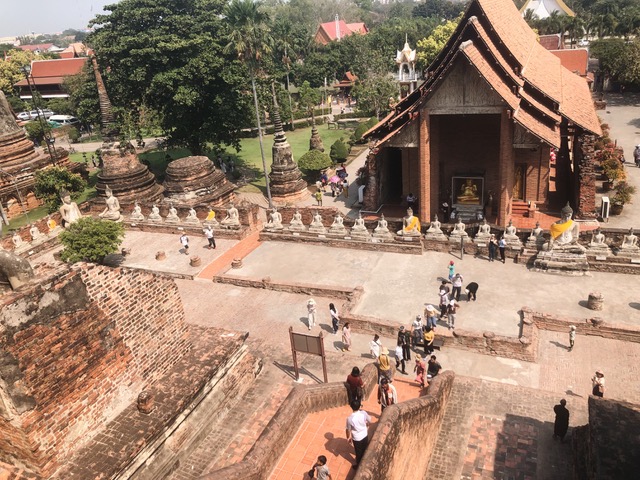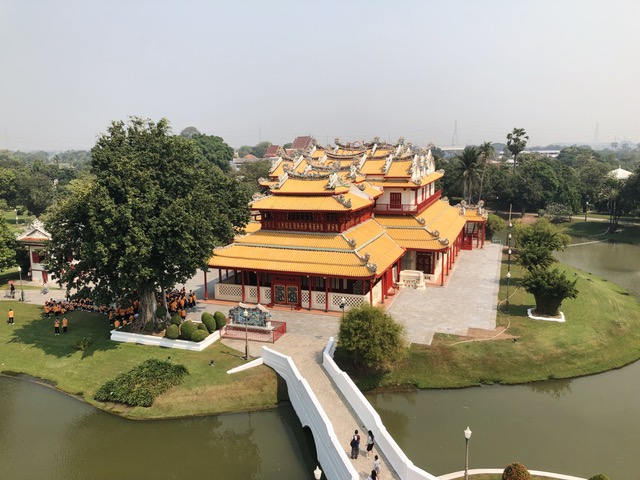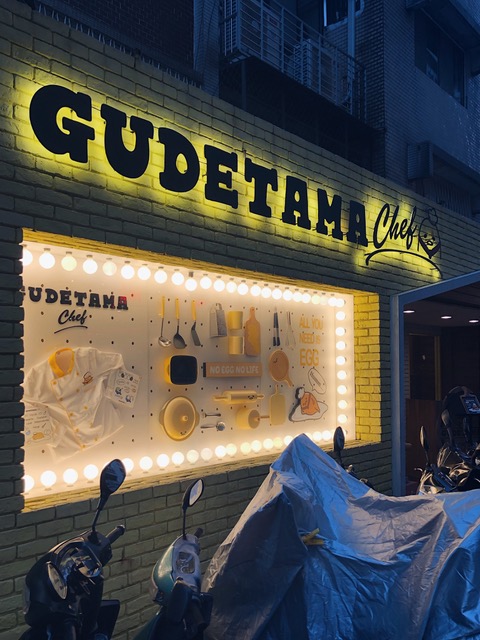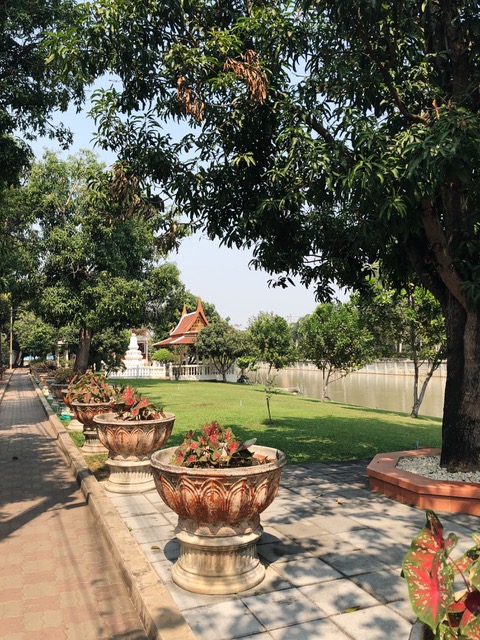By Darla Torres, ETA 2018–19
Last winter vacation was my first time funding my entire traveling abroad experience. I was very hesitant to travel in the first place, but eventually decided to when I heard others boast about how “budget-friendly” it is to travel within Asia. I assumed that since I would probably never be in East Asia after Fulbright, it made sense to take advantage of my proximity as much as possible. So, I decided to travel to Taiwan and Thailand with a close friend from college.
It should go without saying that traveling is a high-stakes, high-pressure investment, especially when coming from a low-income household. While traveling from South Korea to other Asian countries is relatively cheaper than departing from the United States, the reality is that it has the potential to break the bank. So, like all large investments, it requires a tremendous amount of budgeting and planning, from souvenir expenses, to housing and transportation, to travel buddies. Prior to this trip, I had never traveled on my own; much less from my own income. No one in my family had either, so planning the finances of this trip proved harder than I expected. I thought that if I could just afford plane tickets, everything else would fall into place. Unfortunately, I found myself constantly worrying about money while on my trip.
Traveling is a completely different story when you never thought you would be able to afford such an experience. It also didn’t help that my co-teacher asked me why I was traveling if I claimed to be from a low-income household. Their comments were based in curiosity, but they never realized that it added unnecessary stress to an already precarious traveling situation. This was not the first time people have contested my socioeconomic upbringing because of certain material items I own, but it still stung nonetheless. My co-teacher’s comment reminded me that the lack of financial stability in my life conditioned me to guarantee satisfaction with every purchase, because I simply cannot afford to “waste” money. It made me think that I shouldn’t have even traveled in the first place, because any minor inconvenience would’ve made me regret my entire decision.
In the end, my friend and I did not plan our trip well as we were both complacent in our decision to just ‘wing’ everything. It caused us to wake up late everyday and miss many opportunities to explore these cities. For example, the family we were staying with in Thailand strongly encouraged us to make a day trip to Ayutthaya. I wasn’t sure if it was a good idea, as this trip was expensive, time consuming, and hot. My travel partner and I had several difficulties deciding whether or not to make the trek, but we ultimately decided to go for it—unfortunately we didn’t have the best time. I’m not sure if I am expressing myself well enough, but there’s something about wanting an experience to be so perfect that it inevitably sets you up for failure (especially when you’re not used to spending that much money). I ended up blaming my travel partner for many of the inconveniences on our trip, but I think the psychological pressure to have a “perfect vacation”—rooted in years of financial insecurity—in order to justify spending so much money played a large role in the outcome of our experience. We did not see eye to eye on how we wanted to spend our time in these countries, and we could have better discussed our traveling goals in more detail.
This experience was a double-edge sword, as I learned a lot about my travel needs. However, it was a very expensive lesson, and I’m not entirely sure if preparing ahead of time could have prevented some of the more deeply rooted issues given our general inexperience. Fortunately, I am still excited by the prospects of traveling, and hope to do more traveling in the future, but it’s hard to enjoy an expensive endeavor when you’re riddled with financial guilt. Moving forward, I hope to find travel partners who understand these hidden costs of traveling, and are comfortable navigating these stressful factors together.




